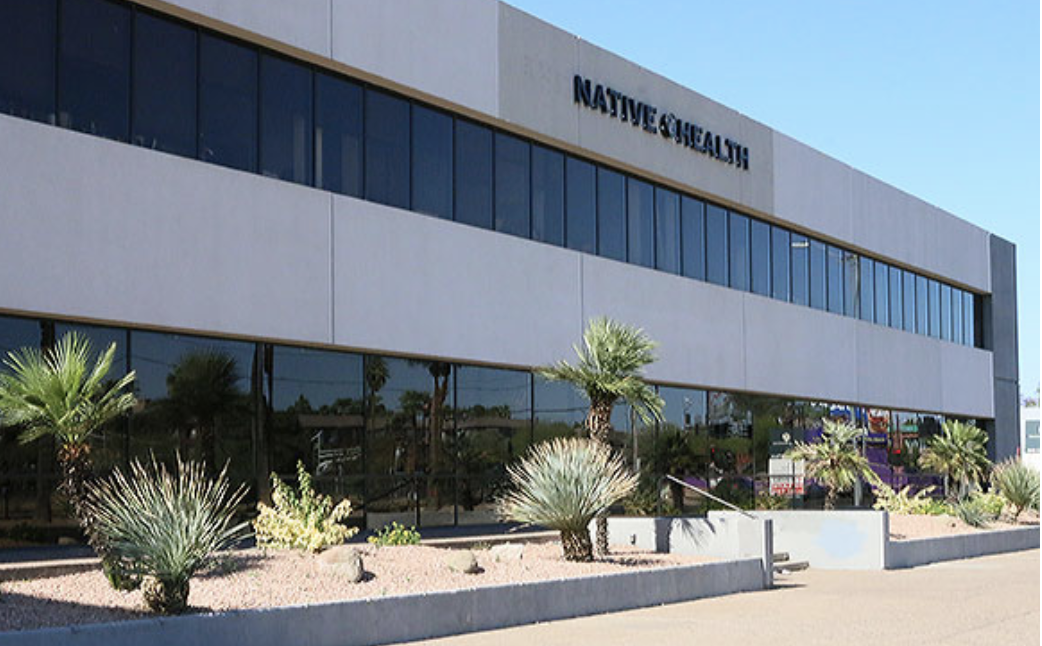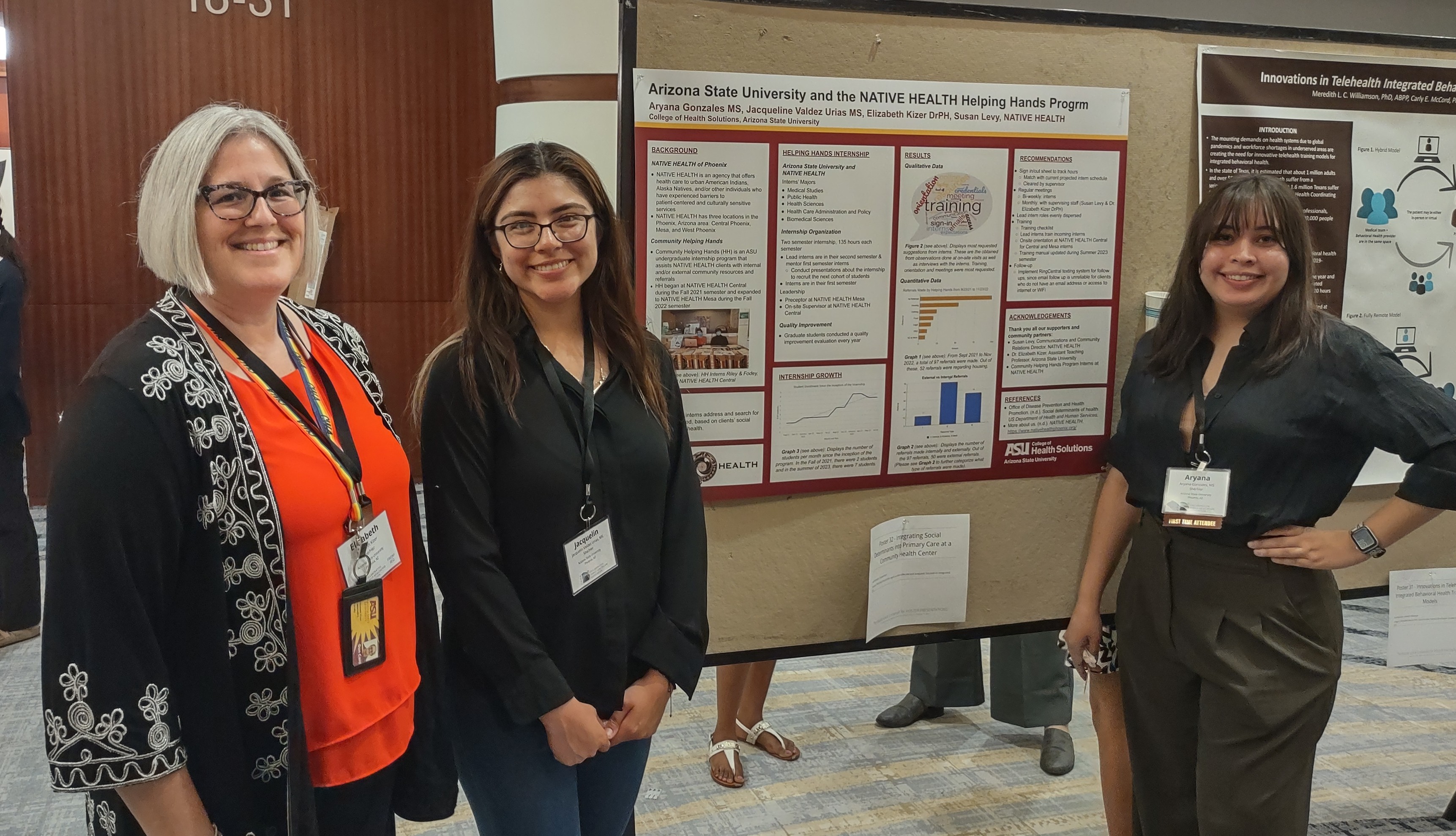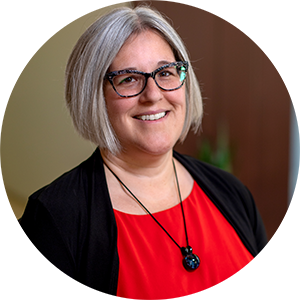
Homelessness service navigation in Maricopa County
Elizabeth Kizer, Associate Teaching Professor, College of Health Solutions
Background
Arizona's unhoused population has risen sharply since 2020 and the lack of data on emerency shelter occupancy makes it difficult for agencies like NATIVE HEALTH to locate available beds.
The initiative delves into the ramifications of legal decisions on policy and practice while seeking collaborative efforts to maximize shelter bed usage. The goal is to craft insightful policy commentary and pioneer a digital solution to enhance shelter efficiency and data integration.
Problems
-
Arizona’s homeless population surged 23.4% since 2020, as per HUD.
-
Emergency shelter usage rates remain unclear.
-
Agencies like NATIVE HEALTH struggle to locate available beds.
-
Who else recognizes this issue?
Research questions
-
Have recent court decisions shaped jurisdictional practices uniformly?
-
Is there data linking court rulings to heightened criminalization of homelessness? (e.g. Martin v City of Boise)
-
Which shelter partners aim for full emergency bed use daily?
Approach
-
Conduct community-responsive research.
-
Leverage current partnerships.
-
Delve into the intricacies of “the dashboard” concept.
-
Assess the role as an “external” vs. “internal” partner.
-
Study actions of other jurisdictions.
-
Examine the impact of latest
-
court decisions.
Deliverables
-
Pen a policy commentary that explores issues related to recent legal decisions and publicly available data regarding shelter utilization: Policies affecting development and use of digital tools to aid in resource navigation for unhoused populations
-
Seek partnerships with a shelter organizations to explore whether a real-time digital tool would aid in their processes and lay the foundation for potential future data sharing.
Partners and Stakeholders
| ASU College of Health Solutions | Central Arizona Shelter Services | Native Health |
| ASU Watts College of Public Service and Community Solutions Action Nexus on Housing and Homelessness |
City of Phoenix | Maricopa Association of Governments |
| AZCentral | Human Services Campus | Solari Crisis & Human Services |
Collaborators
Susan Levy, Communications and Community Relations Director at NATIVE HEALTH
Aryana Gonzalez, Science of Health Care Delivery, ASU College of Health Solutions
Jacquelin Valdez Urias, Science of Health Care Delivery, ASU College of Health Solutions
Elizabeth Kizer
Associate Teaching Professor,
ASU College of Health Solutions
Academic Fellow, 2023
Elizabeth Kizer is an Associate Teaching Professor at ASU College of Health Solutions. She utilizes a community-based participatory approach to examine and find solutions to social problems. Her teaching and mentoring centers on undergraduate students in Health Care Administration and Policy and Public Health programs. Since 2019 she partnered with NATIVE HEALTH and many students to develop and implement the Helping Hands social determinants of health navigation program. Because the emergency shelter system has been difficult to navigate we sought to understand barriers to making information publicly available.


